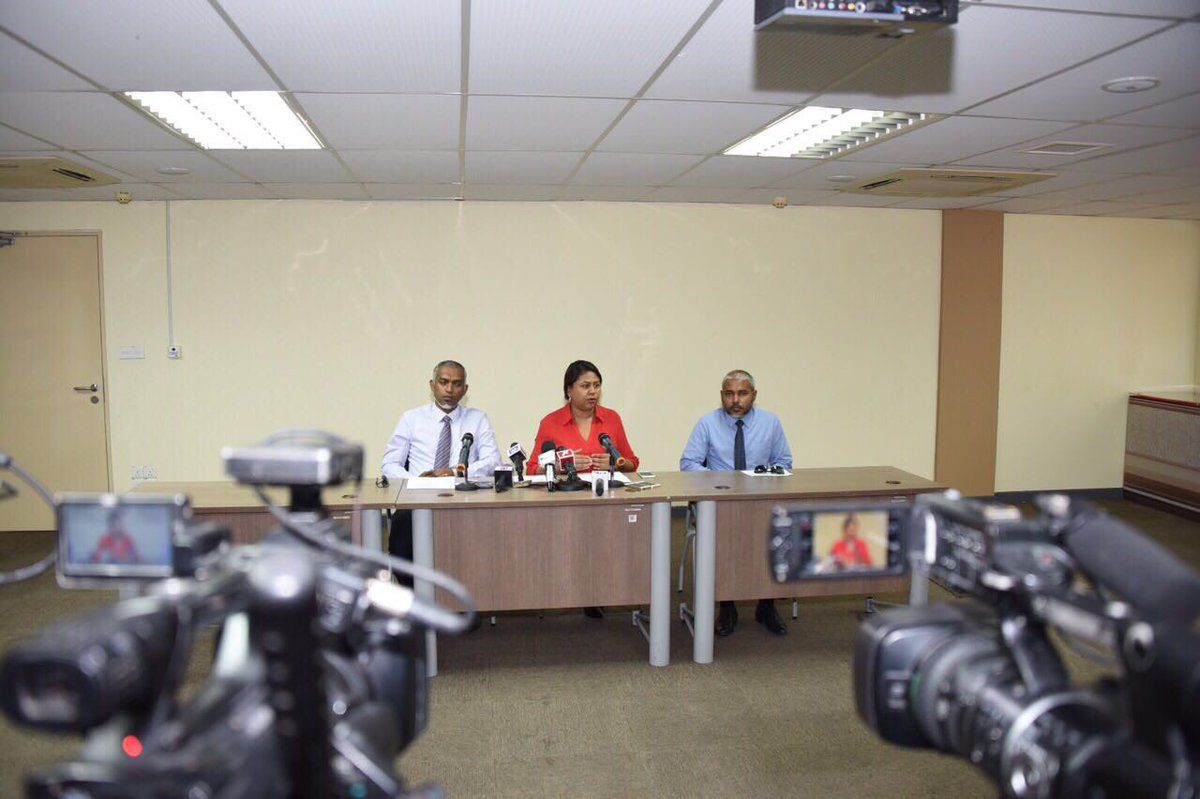Disgruntled flat winners told to secure housing loans by October 15
Some flat winners are unhappy with what they call “a forced entry into a ruinous loan scheme” after the central bank devised an affordable housing loan scheme to help pay for flats built in Malé by a subsidiary of India’s Tata Group.

04 Sep 2017, 09:00
Winners of flats under the previous government’s Veshi Fahi Malé social housing programme have been told by the state-owned Housing Development Corporation to secure loans before a deadline of October 15.
The HDC’s announcement last Tuesday came after complaints about delays in introducing a new affordable housing loan scheme devised by the central bank to help make payments for flats built in Malé by a subsidiary of India’s Tata Group.
The flat winners were previously told to either pay MVR2 million (US$130,000) upfront or obtain home loans with a down payment of at least MVR400,000 (US$25,940), a price out of reach for middle or low-income families.
After months of uncertainty for the 288 flat winners – several of whom were deemed ineligible for commercial bank loans – the central bank in late August enacted regulations mandating banks and financial institutions to join its new loan scheme and allocate at least 10 percent of income for low-interest housing loans.
Become a member
Get full access to our archive and personalise your experience.
Already a member?
Discussion
No comments yet. Be the first to share your thoughts!
No comments yet. Be the first to join the conversation!
Join the Conversation
Sign in to share your thoughts under an alias and take part in the discussion. Independent journalism thrives on open, respectful debate — your voice matters.




